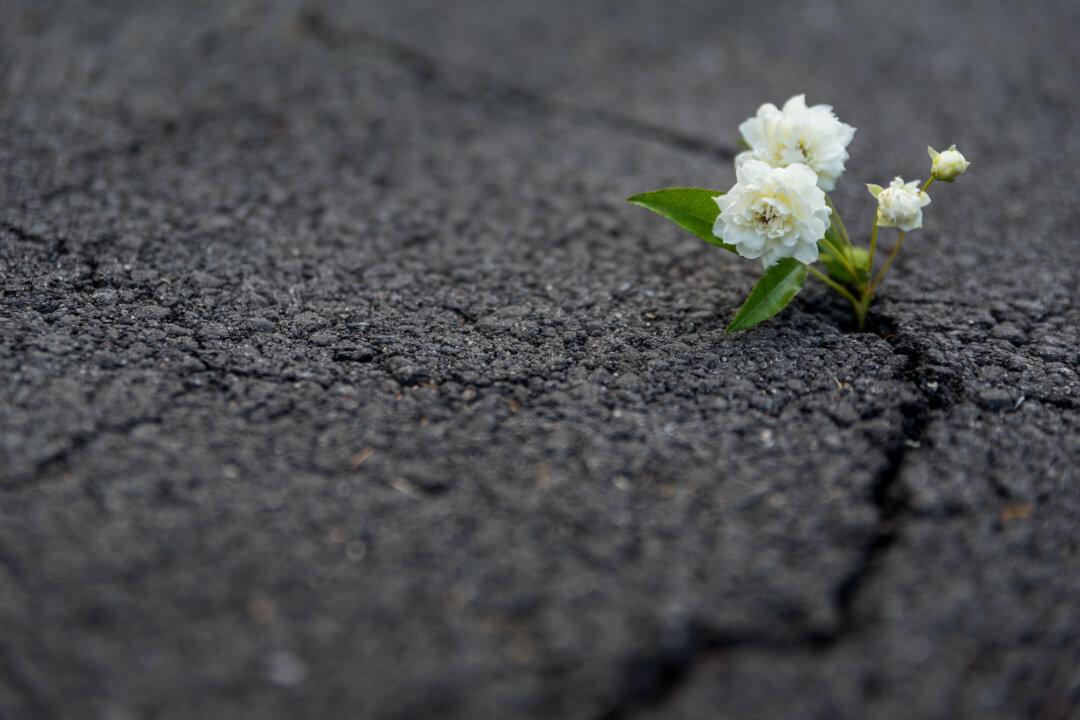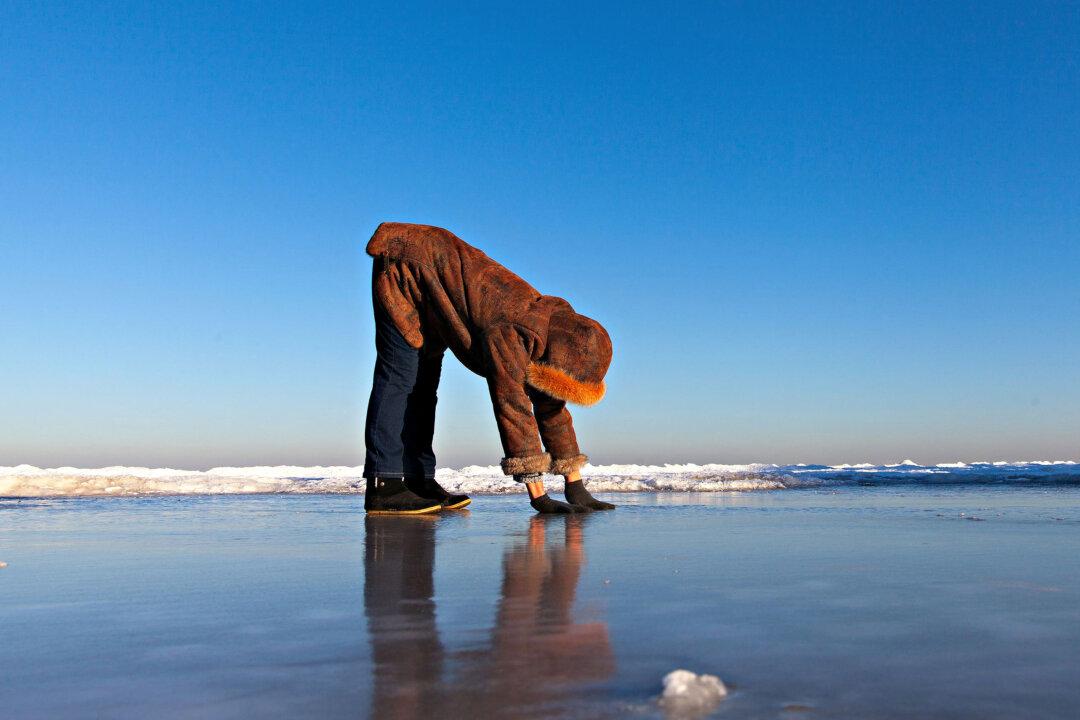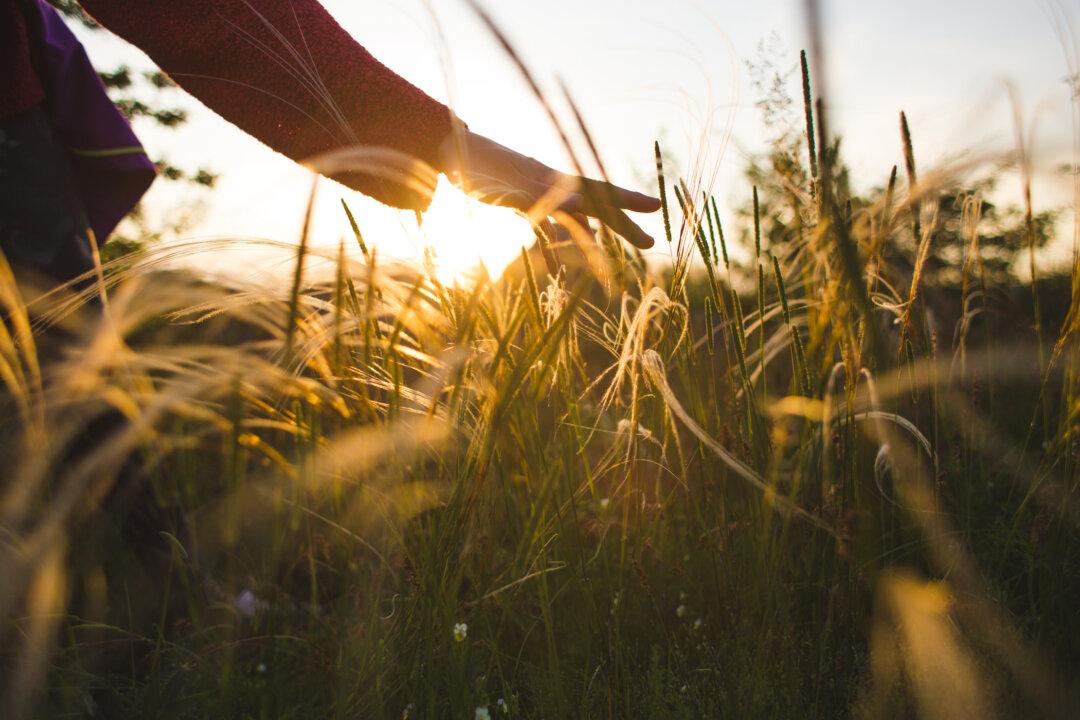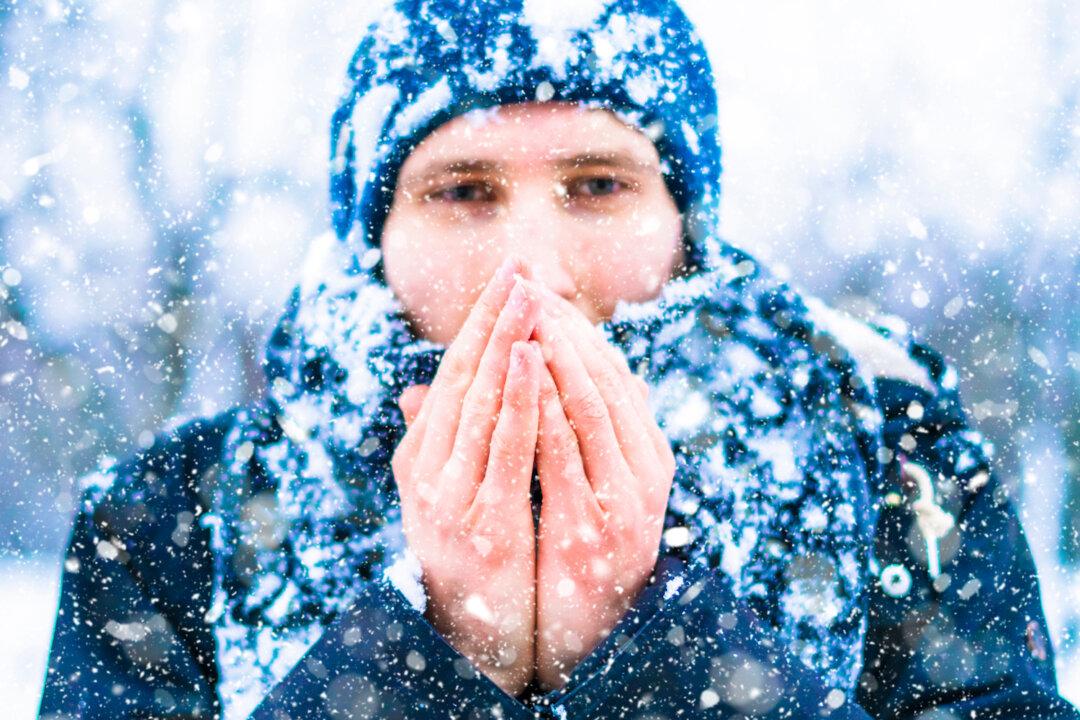Many years ago, I took a class from a woman who was doing her doctoral thesis on the topic of psychological hardiness. She was a nun, but not the black-and-white kind of nun I remember from growing up. This particular nun wore flannel shirts and swore from time to time, but that’s not what I remember most. What stuck with me over the decades was her study of psychological hardiness and what exactly that means.
The Roots of Resilience
The elements of resilience can help you turn adversity into an opportunity for growth
Resilience isn’t a single trait but a combination of several elements. These components are the tools that help you navigate difficult times.

Resilience is the ability to bounce back quickly in the face of a tough situation. Some have it, and some need it.Bradley Dennien/Shutterstock




